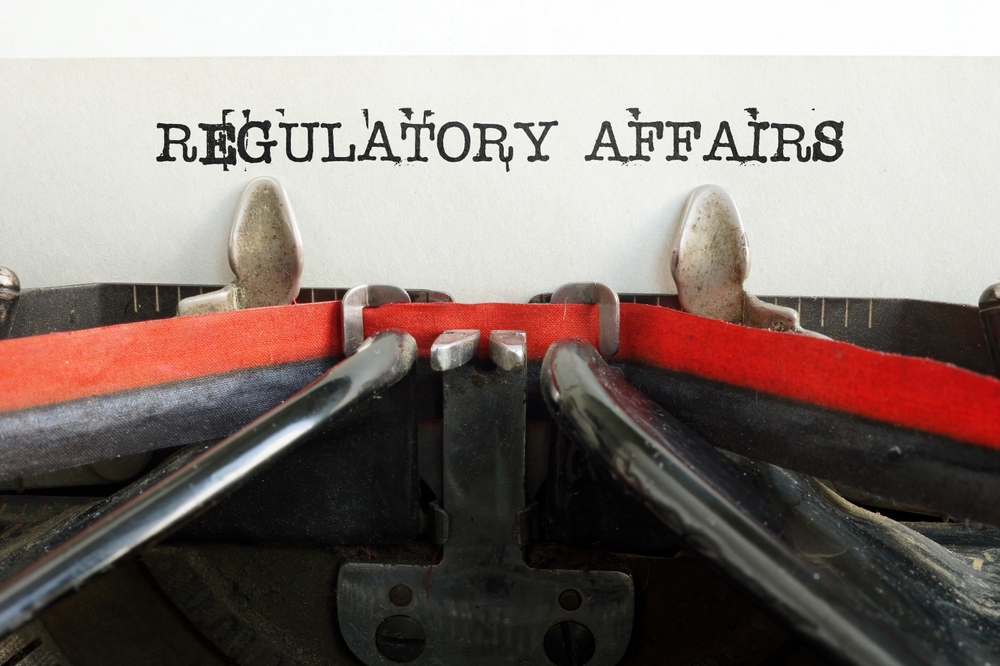20 Jun Role as a Regulatory Affairs Specialist and Manager

Introduction
The medical device industry is a rapidly evolving sector that is heavily regulated to ensure the safety and efficacy of products. Within this industry, the role of a Regulatory Affairs Specialist and Manager is crucial. These professionals navigate the complex regulatory landscape, ensuring that products meet all legal requirements before they reach the market. This article aims to provide a comprehensive overview of what it means to be a Regulatory Affairs Specialist and Manager in the medical device field, the skills and qualifications required, and the steps one can take to pursue a career in this field.
Understanding Regulatory Affairs in the Medical Device Industry
1. What is Regulatory Affairs?
Regulatory Affairs (RA) involves ensuring that products, particularly in the healthcare sector, comply with all the regulations and laws concerning their development, manufacture, and marketing. In the context of medical devices, this means ensuring that products meet the standards set by regulatory bodies such as the U.S. Food and Drug Administration (FDA), the European Medicines Agency (EMA), and other global regulatory agencies.
2. Importance of Regulatory Affairs in Medical Devices
The medical device industry is subject to stringent regulations because the products can directly impact human health and safety. Regulatory Affairs Specialists and Managers ensure that all devices are safe, effective, and of high quality. They play a pivotal role in bringing new medical devices to market and maintaining the compliance of existing products.
Key Responsibilities of a Regulatory Affairs Specialist and Manager
1. Regulatory Strategy Development
One of the primary responsibilities is developing regulatory strategies that align with the company’s business goals. This involves understanding the regulatory requirements of different markets and devising plans to meet these requirements efficiently.
2. Regulatory Submissions and Approvals
Regulatory Affairs professionals prepare and submit documentation required for regulatory approvals. This includes Investigational Device Exemptions (IDEs), Pre-market Notifications [510(k)], Pre-market Approvals (PMAs), and Technical Files for CE marking.
3. Compliance and Risk Management
Ensuring compliance with current regulations is a continuous process. RA specialists monitor changes in regulations and standards, conduct audits, and implement risk management strategies to mitigate non-compliance risks.
4. Labeling and Promotional Material Review
All labeling and promotional materials for medical devices must meet regulatory standards. RA professionals review these materials to ensure they are accurate, not misleading and comply with applicable regulations.
5. Post-Market Surveillance
Once a product is on the market, regulatory affairs specialists monitor its performance and manage any issues that arise. This involves adverse event reporting, product recalls, and implementing corrective actions if necessary.
6. Liaison with Regulatory Authorities
Regulatory Affairs Specialists and Managers act as the primary contact between their company and regulatory agencies. They facilitate communication, handle inquiries, and provide necessary documentation during audits and inspections.
Required Skills and Qualifications
1. Educational Background
A bachelor’s degree in a relevant field such as life sciences, engineering, pharmacy, or a related discipline is typically required. Advanced degrees (e.g., Master’s or Ph.D.) in these areas or in Regulatory Affairs can be advantageous.
2. Knowledge of Regulatory Guidelines
In-depth knowledge of regulatory guidelines, such as those from the FDA, EMA, and ISO standards, is crucial. This includes understanding the processes for regulatory submissions and the specific requirements for different types of medical devices.
3. Analytical and Critical Thinking Skills
The ability to analyze complex regulatory requirements and assess their impact on product development and compliance is essential. Critical thinking helps in devising effective regulatory strategies and resolving compliance issues.
4. Attention to Detail
Precision is vital in Regulatory Affairs. Errors in submissions or compliance documentation can lead to delays, fines, or product recalls. Therefore, meticulous attention to detail is necessary.
5. Communication Skills
Excellent written and verbal communication skills are required to prepare clear and concise regulatory documents, communicate with regulatory authorities, and collaborate with cross-functional teams.
6. Project Management Skills
Managing regulatory submissions and compliance activities requires strong project management skills. This includes planning, organizing, and overseeing multiple projects simultaneously.
7. Ethical Judgement
Regulatory Affairs professionals must adhere to high ethical standards. They must ensure that all products and practices comply with regulations and do not compromise patient safety.
How to Become a Regulatory Affairs Specialist or Manager
1. Education and Training
Start with obtaining a relevant bachelor’s degree. Consider pursuing a master’s degree or certification in Regulatory Affairs. Many institutions offer specialized programs in Regulatory Affairs, which can provide a solid foundation and make you more competitive in the job market.
2. Gain Relevant Experience
Experience in the medical device industry or a related field is invaluable. Entry-level positions such as Regulatory Affairs Associate, Quality Assurance, or Clinical Research roles can provide the necessary exposure and experience.
3. Professional Certifications
Certifications such as the Regulatory Affairs Certification (RAC) from the Regulatory Affairs Professionals Society (RAPS) can enhance your credentials. These certifications demonstrate your expertise and commitment to the field.
4. Networking and Professional Development
Join professional organizations like RAPS and attend industry conferences, workshops, and seminars. Networking with professionals in the field can provide insights into job opportunities and industry trends.
5. Develop Key Skills
Focus on developing the key skills mentioned earlier, such as analytical skills, attention to detail, and project management. Practical experience, coupled with continuous learning, will help you build these skills.
6. Seek Advanced Roles
With experience, seek roles with increasing responsibility. Positions such as Senior Regulatory Affairs Specialist, Regulatory Affairs Manager, and eventually Director of Regulatory Affairs offer opportunities for career growth.
Challenges and Rewards of the Role
1. Challenges
- Regulatory Complexity: Navigating the ever-changing regulatory landscape can be challenging.
- High Stakes: The role has high stakes as non-compliance can lead to severe consequences, including legal issues and product recalls.
- Cross-Functional Collaboration: Coordinating with various departments and managing differing priorities can be demanding.
2. Rewards
- Impact on Public Health: Ensuring that medical devices are safe and effective contributes significantly to public health.
- Career Growth: There are numerous opportunities for career advancement in Regulatory Affairs.
- Dynamic Environment: The constantly evolving nature of regulations keeps the job interesting and intellectually stimulating.
How to use Regulatory Globe to be up to date?
Visit our “Medical Device News” page for Europe’s latest regulatory updates and subscribe to our newsletter for direct updates.
Our “Regulatory Intelligence Paper” offers insights into global regulatory changes including the US, Canada, Brazil, Japan, and Australia. Save time on research and stay informed.
AI Tool – Regulatory Affairs Assistant
With AI there are new solutions and opportunities for Regulatory Affairs Professionals to improve their know-how and speed up their work. One of these AI solutions is Elly. Elly is trained on medical device regulation of MDD and IVD products and can act as your assistant. We highly recommend to check it out. Learn more about Elly HERE.
Conclusion
A career as a Regulatory Affairs Specialist or Manager in the medical device field is both challenging and rewarding. These professionals play a crucial role in ensuring that medical devices are safe and effective, thereby protecting public health. By obtaining the necessary education, gaining relevant experience, and continuously developing key skills, aspiring Regulatory Affairs professionals can successfully navigate this complex and fulfilling career path. Whether you are just starting or looking to advance your career, understanding the intricacies of Regulatory Affairs will equip you with the tools needed to succeed in this vital field.




No Comments